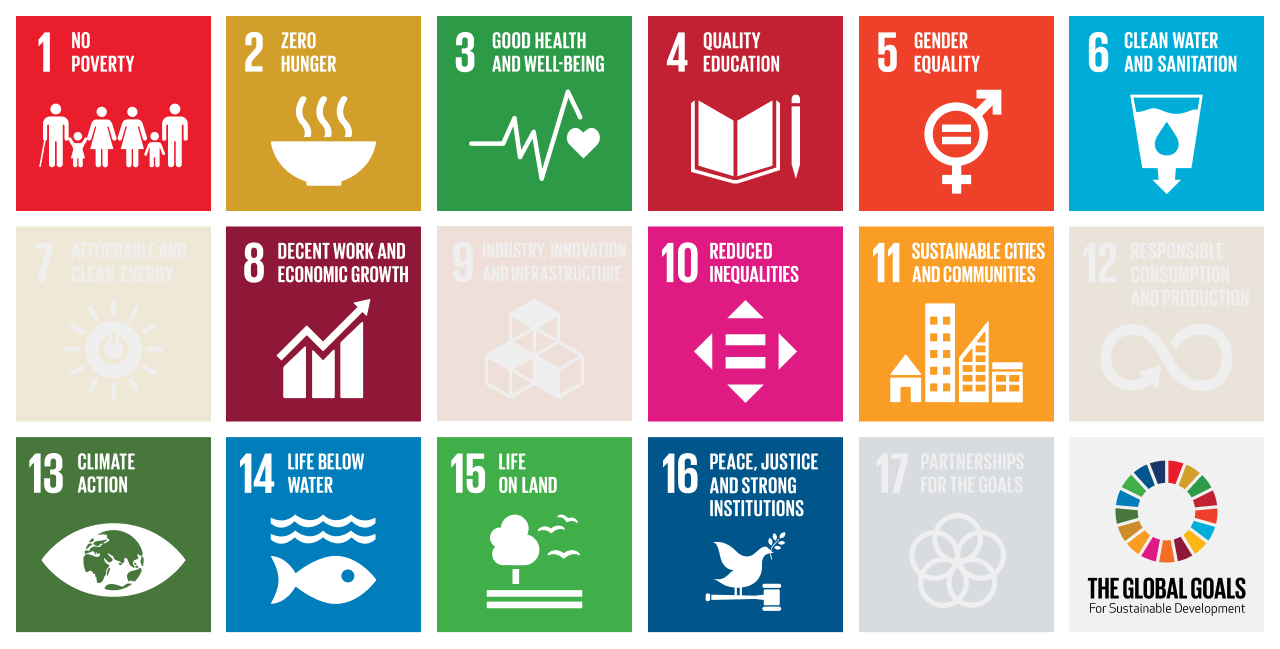Empowering Female Rangers
Support a ranger
To keep an Akashinga ranger in the field requires a monthly salary, uniform, boots and equipment.
The most effective path to safeguarding Africa’s ecosystems is empowering women. Africa’s first all-women anti-poaching unit, Akashinga, is revolutionising conservation from a socioeconomic standpoint.
In collaboration with our partners, Wildhood Foundation has crafted a unique, holistic, approach that integrates environmental sustainability with social development. The Akashinga rangers go beyond wildlife protection – reshaping their communities by building green economies and raising women’s status, delivering lasting benefits for future generations.
Women invest a significantly larger portion of their income back into their households than men, helping to break the cycle of poverty and improve the quality of life for future generations. For every woman employed, five family members experience better living conditions – an impact that grows exponentially over time. By opening doors to education, fostering leadership opportunities, and creating jobs in rural Africa, these women can drive sustainable social change whilst protecting iconic wildlife.
Every contribution supports this powerful synergy of community and conservation. Women, particularly through Akashinga, are showing that female-led conservation efforts are effective in protecting endangered species, as well as, stabilising local economies and promoting gender equality.
Additionally, women’s leadership in conservation has proven to reduce incentives for illegal hunting, logging, and exploitation of natural resources. It enhances biodiversity, cleans air and water, and helps combat climate change by capturing carbon in preserved wilderness.
At the same time, their influence in their communities leads to improved healthcare access, children’s education, and better family planning, contributing to a safer, more equitable society.
OUR WORK
By supporting local communities and preventing human-wildlife conflict, Wildhood Foundation fosters peaceful coexistence between people and animals. The initiative also strengthens women’s roles in society, giving them economic independence and the ability to make decisions that shape their futures. With women leading conservation, we are not only protecting ecosystems and wildlife but also fostering sustainable socio-economic growth across rural Africa.
Together, we are building a legacy of a brighter future.
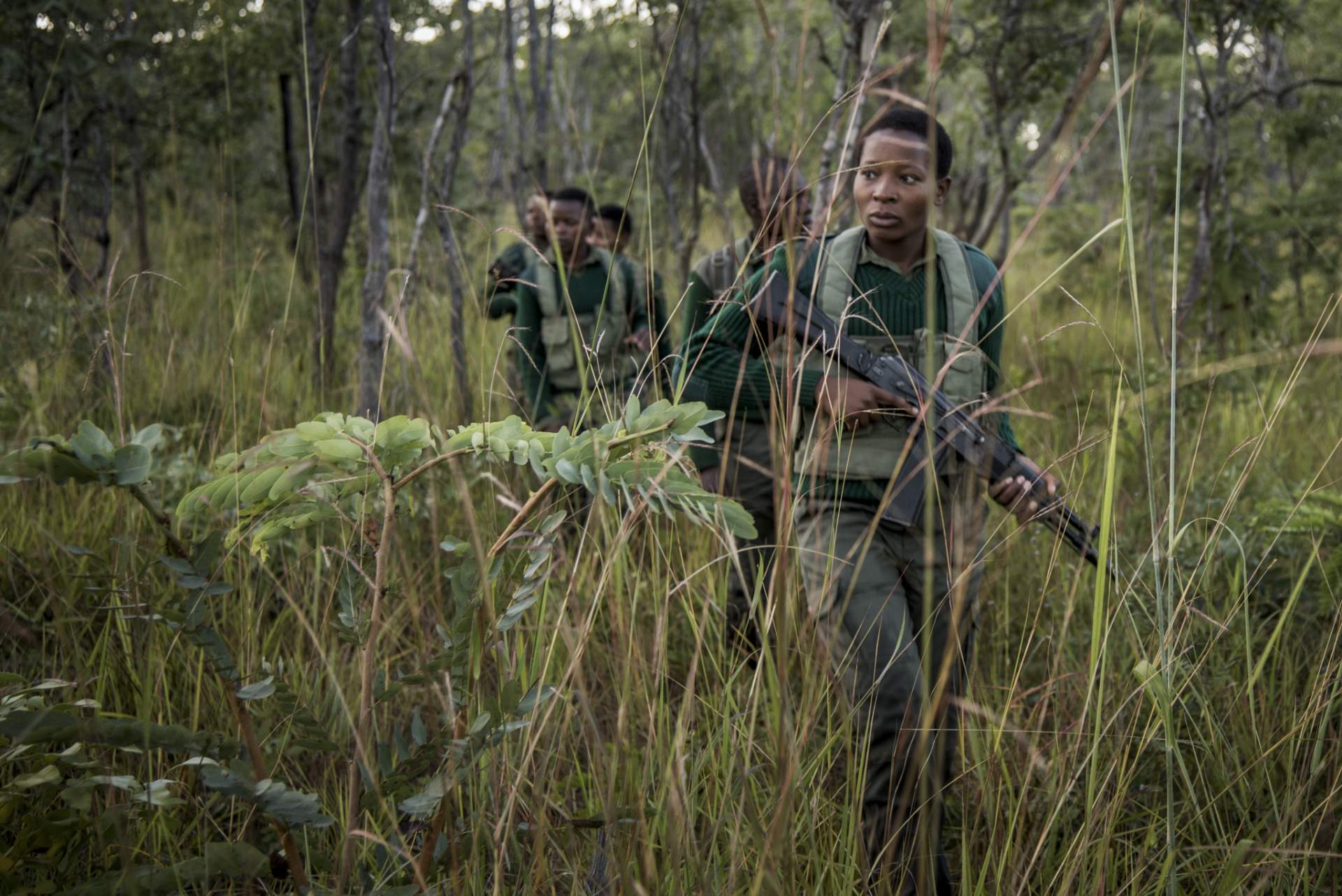
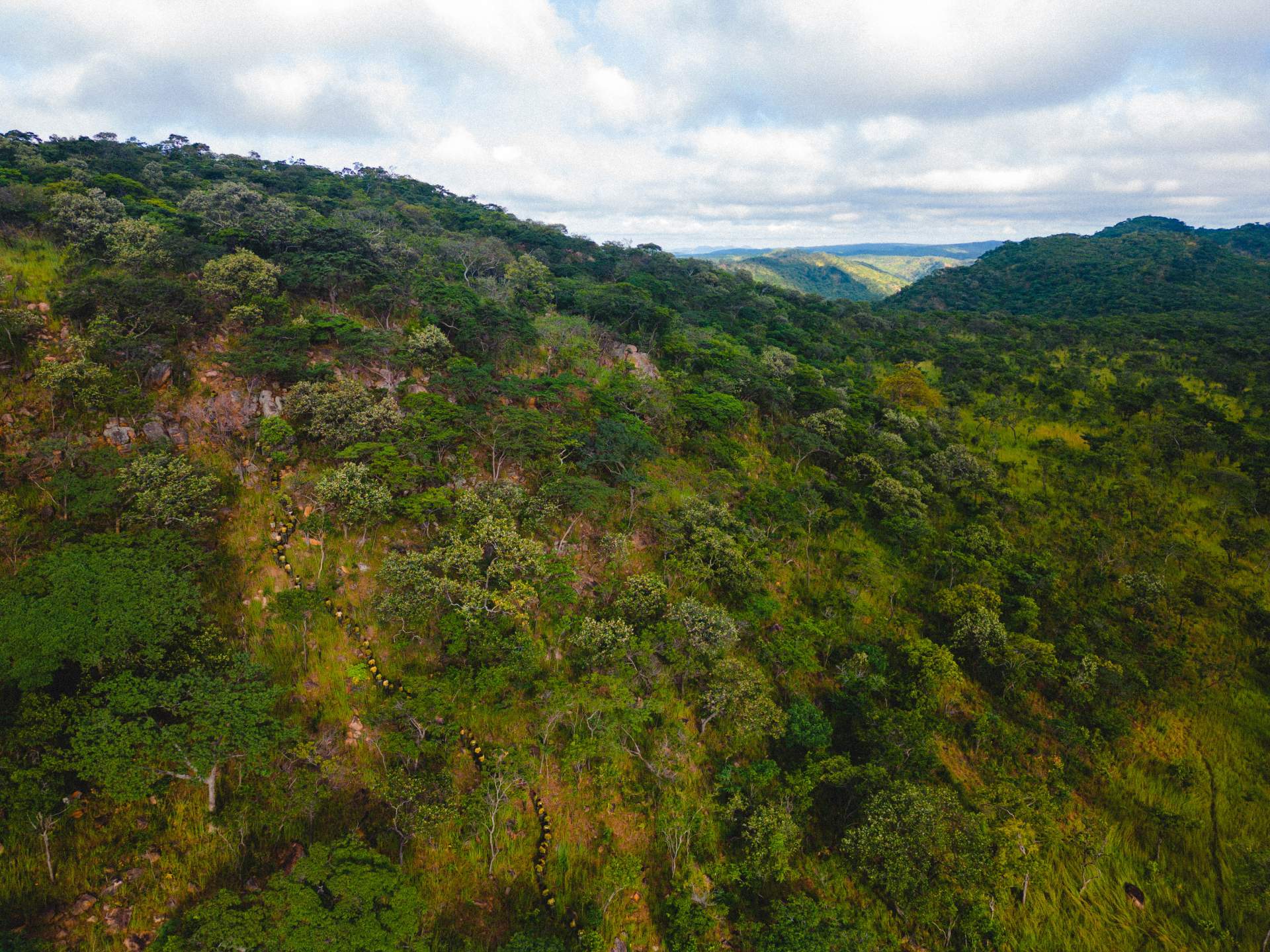
What can you do?
Help us train and deploy more women to support larger areas of land. For every €5 you give we protect 1 hectare of wilderness for an entire year.
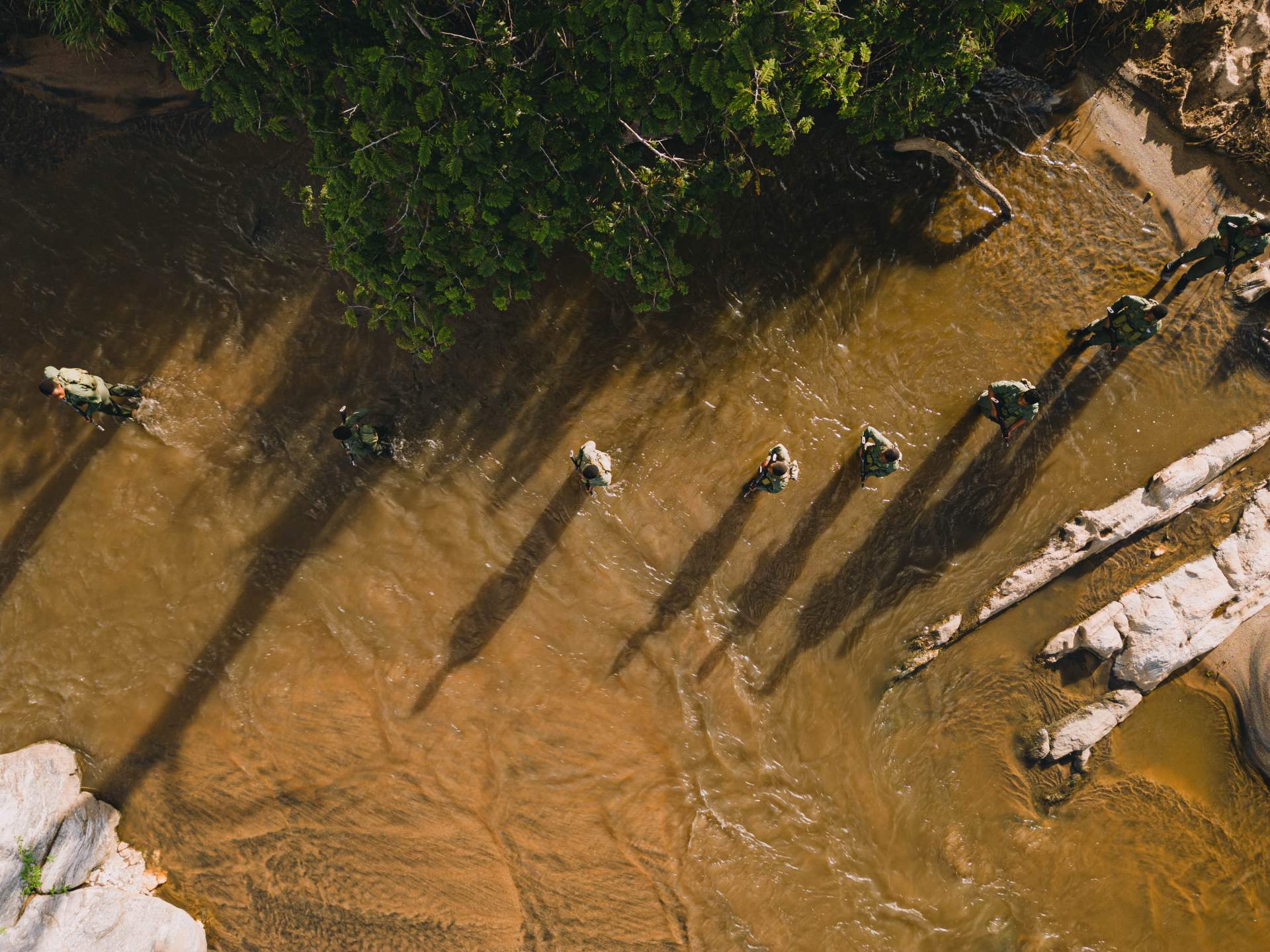
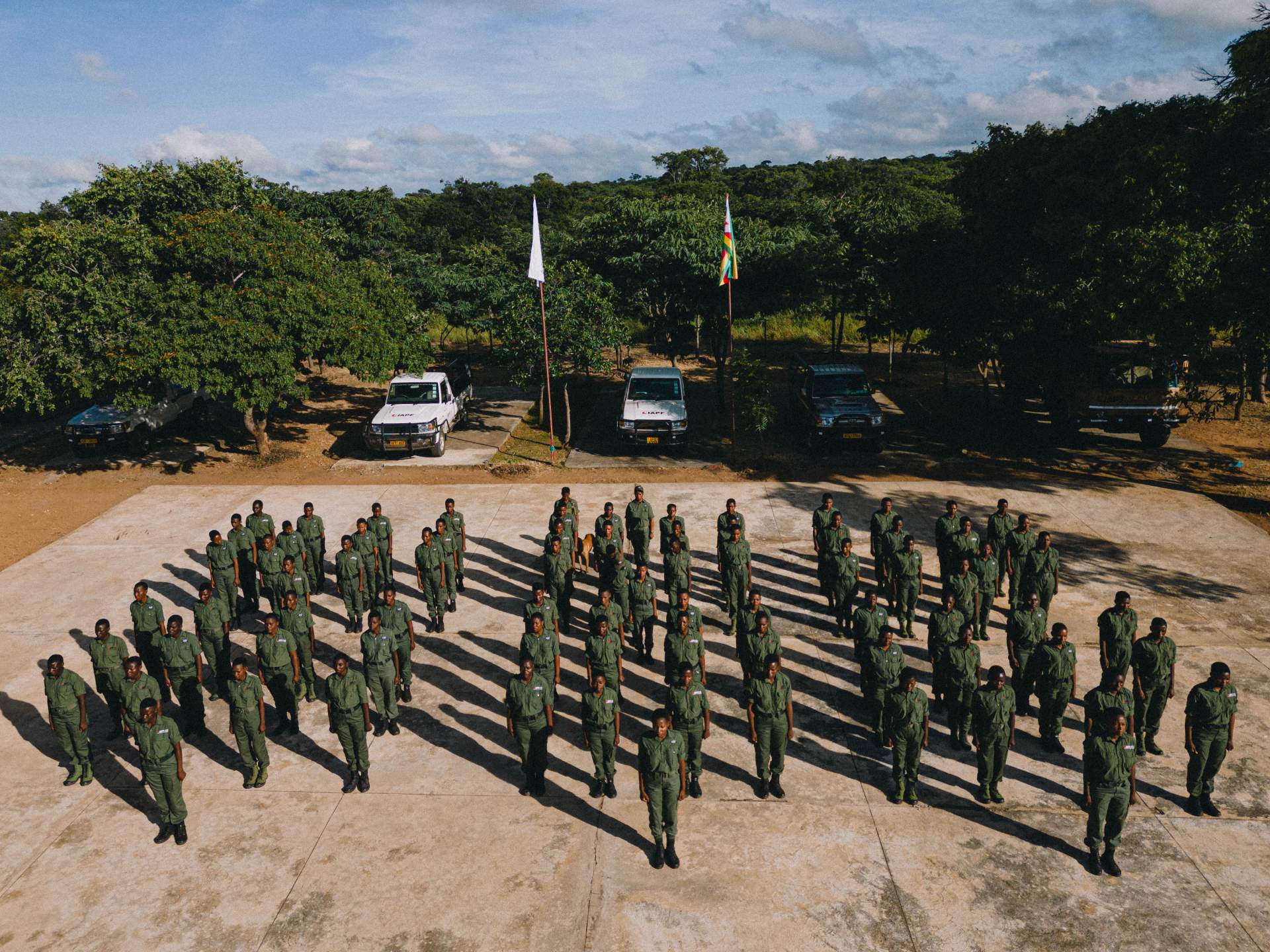
THE GLOBAL GOALS
By protecting and restoring ecosystems and biodiversity Wildhood actively contributes to the objectives of the Sustainable Development Goal 15: Life on Land and Goal 14: Life below water which is also key to fighting climate change (Goal 13). Through supporting the employment of local women in rural communities several additional development goals are met. Direct effects are reduced poverty and hunger (Goal 1, 2 & 3), increased equality (Goal 5 & 10), decent working conditions and economic growth (Goal 8 & 16) and higher education levels (Goal 4 & 10) as more children go to school.
